Allograft tissue will not be used unless you have consented to its use.
ABOUT ALLOGRAFTS:
- “Allografts” are human tissues (bone, ligament, tendon, or cartilage) that have been taken from a deceased person, who consented to donate their tissue, and are transplanted into another person
- Allograft tissues are harvested under sterile conditions, within 12-24 hours of the donor’s death by trained professionals working for government accredited tissue banks.
- Allografts are used in a variety of procedures at Hospital for Special Surgery and in more than one million surgical procedures annually across the United States.
REASONS TO USE ALLOGRAFTS:
- As an alternative to a patient’s own (autograft) bone, soft tissue, or cartilage, which limits risks, surgical time, and additional pain associated with autograft harvest.
- As an alternative to synthetic bone, soft tissue, and cartilage products.
- Because there is not enough of a patient’s own tissue to perform the intended operation.
RISKS OF ALLOGRAFTS:
- Allografts may transmit an infection from the donor. This occurs rarely, and in most of those cases, the infection was present in the donor when he/she died but it was not detected.
- Estimated risk of acquiring HIV is 1 in 1.8 million
- Estimated risk of acquiring Hepatitis C is 1 in 750,000
- To reduce this risk, bone, soft tissue, and cartilage for allografts are collected (harvested) by personnel working for and trained by tissue recovery agencies. Federal law requires these tissue recovery agencies to register with the U.S. Food and Drug Administration (FDA) and comply with the FDA’s tissue recovery regulations.
- Tissue recovery agencies screen potential donors of allografts for possible infections in a variety of ways, including by performing a physical assessment and reviewing the medical history for a number of risk factors; these risk factors are very similar to those examined for blood donors. If no risk factors are present, the potential donor is then tested for infectious diseases (including HIV, Hepatitis B, Hepatitis C, and syphilis). If all of the tests are negative, then bone, soft tissue, and/or cartilage may be donated.
- Because HSS is very concerned with the safety of the allografts we use, we impose strict requirements on our allograft suppliers, including a requirement to comply with the FDA regulations, New York State law, and the accreditation standards of the American Association of Tissue Banks (AATB). However, because HSS does not harvest or process allografts, we cannot guarantee the safety of the allografts we use.


